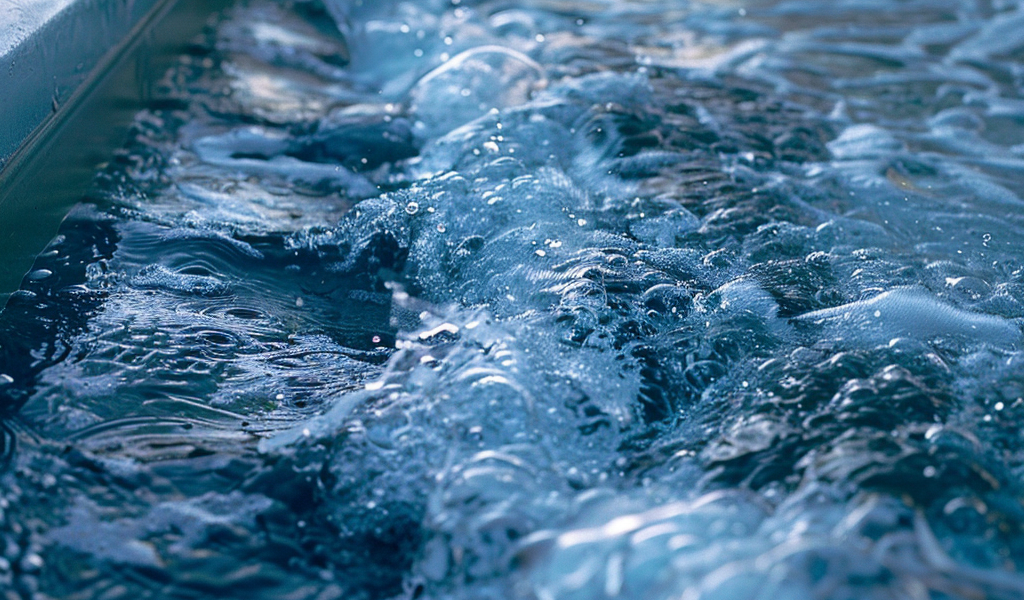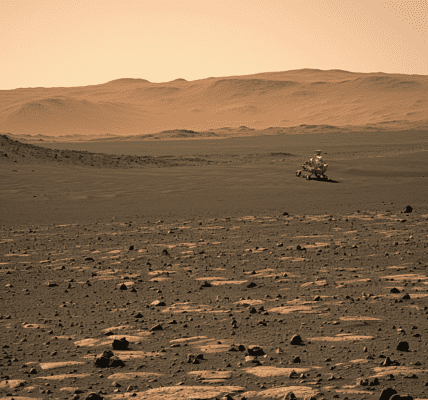Altering wastewater released into the ocean could help store carbon dioxide and slow climate change. A study conducted by Ming Li at the University of Maryland suggests that adding alkaline chemicals to the massive volumes of wastewater discharged into the oceans each year could increase the amount of CO2 that gets sequestered. This approach aims to reduce the acidity of wastewater, making it a relatively straightforward way to remove carbon dioxide from the atmosphere.
According to Ming Li, approximately 100 trillion liters of wastewater are discharged into the oceans annually. Currently, chemicals are added to make the wastewater less acidic to meet environmental standards before it is discharged. However, this process has sparked controversy over potential environmental consequences.
The idea of making wastewater less acidic to help the ocean capture more carbon has gained attention due to its potential to mitigate climate change. By exploring this approach, researchers hope to find a sustainable and effective method to reduce carbon dioxide levels in the atmosphere.





